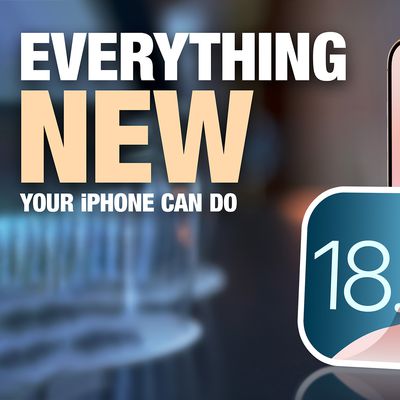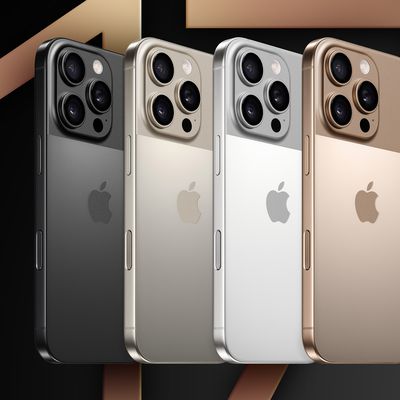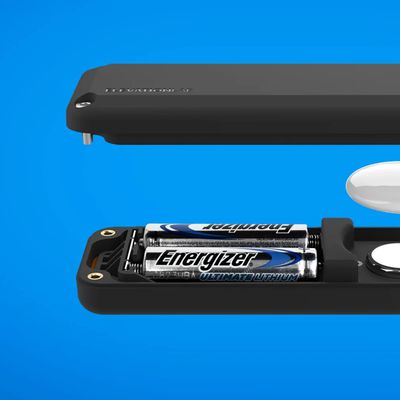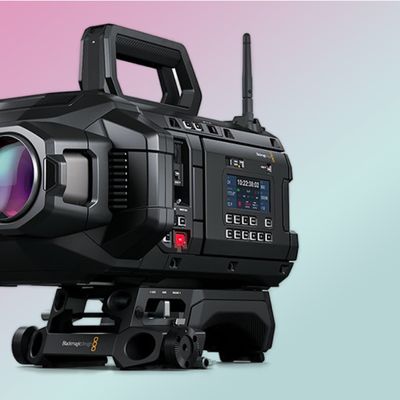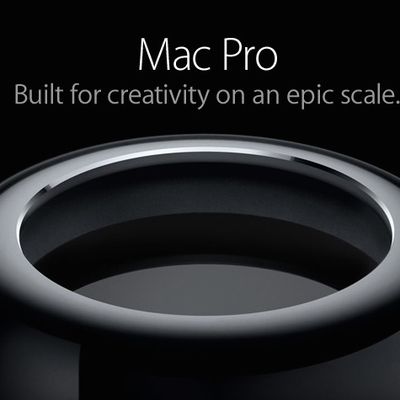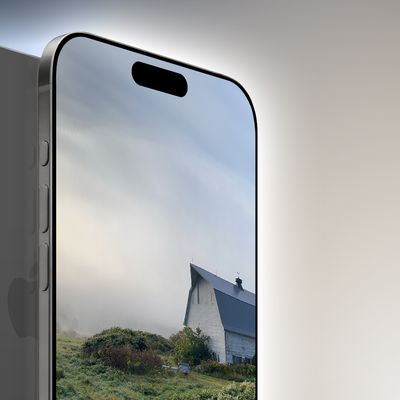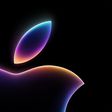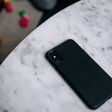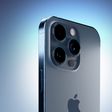Apple last week filed for a European patent (via Patently Apple) on methods for fusing glass pieces together to create various types of glass enclosures for a number of products. While the patent application specifically addresses the general concept of such devices, examples and drawings included in the application outline how the process could be applied to such products as iPhones, iPads, iPods, displays, and even televisions.
Three independent claims in the application describe Apple's use of fused glass to create housings to cover displays or other components:
1. An electronic device, comprising: a display; and a housing in which the display is mounted, wherein the housing includes glass structures that have a recess that receives at least part of the display, wherein the glass housing structures include a planar glass member fused with a peripheral glass member that extends around at least some peripheral edge portions of the planar glass member to form the recess.
11. An electronic device, comprising: an electronic device housing formed from fused glass members including at least first and second opposing planar glass members that are separated by a gap; and display structures inserted into the gap.
20. A method of forming an electronic device, comprising: polishing a planar glass member; fusing a peripheral glass member to at least part of an edge portion of the planar glass member to thicken the planar glass member at the edge portion; and attaching the planar glass member and fused peripheral glass member to a housing structure.
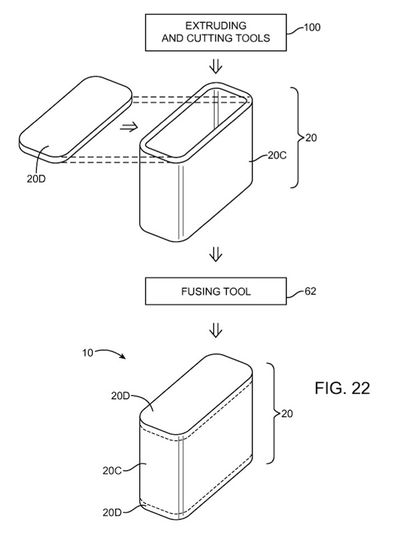
Further descriptions suggest that while glass display housings could be paired with enclosures made of other materials as on many Apple products, entire enclosures could be also be made of glass.
Of notable interest, Apple design chief Jonathan Ive is named as one of the inventors on the patent, along with Apple designers Peter Russell-Clarke and Mike Pilliod.
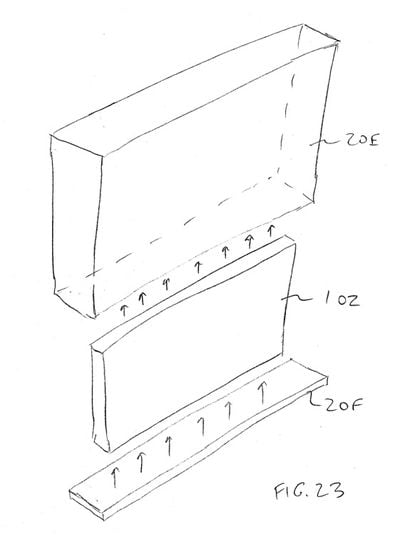
Interestingly, the European patent application cites as priority a U.S. application filed in January 2012. That application was quietly published on July 25 of this year following the expiration of the 18-month confidentiality period on applications, although the application did not specifically name Apple as the assignee of the rights. That application also included rather crude hand drawings for its figures, drawings that were translated into more professional illustrations for the European filing.


